Desperate times sometimes lead to a more marketing-oriented guise: WMATA/Metrorail | Bonus: WMATA's financial crisis
Rebuilding Place in Urban Space
JULY 4, 2023
Now a goodly amount of that is encapsulated in " Branding's (NOT) all you need for transit " (2018), but old pieces like " Making Transit Sexy " (2005), make the point too, less sophisticatedly. That money provides a base level of support independent of fare revenues and government appropriations. It's probably too little too late.

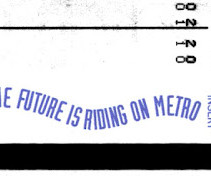
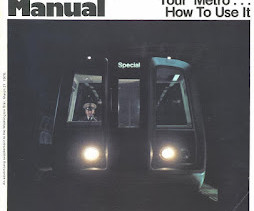
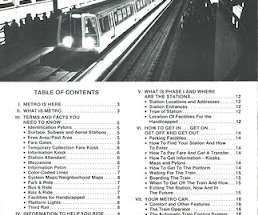
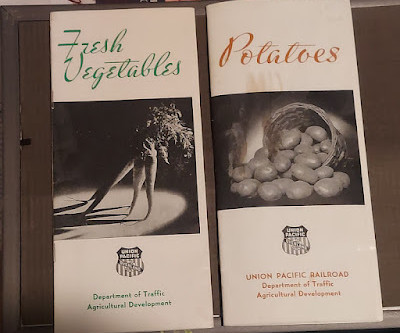
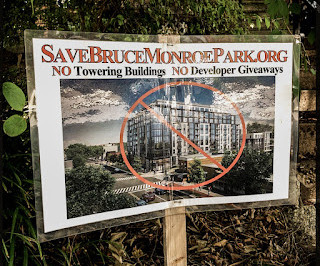
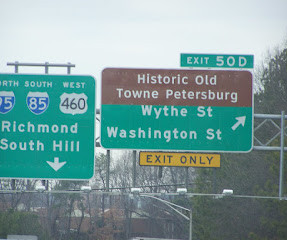







Let's personalize your content